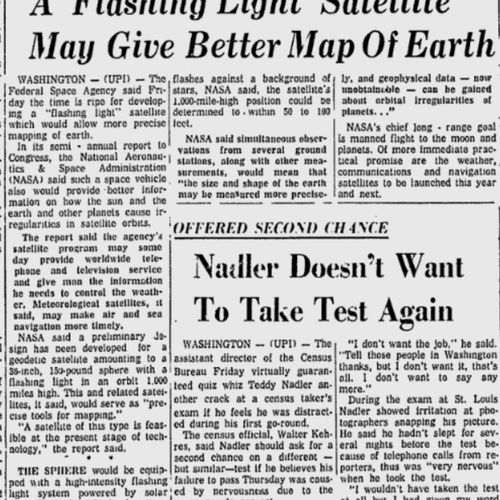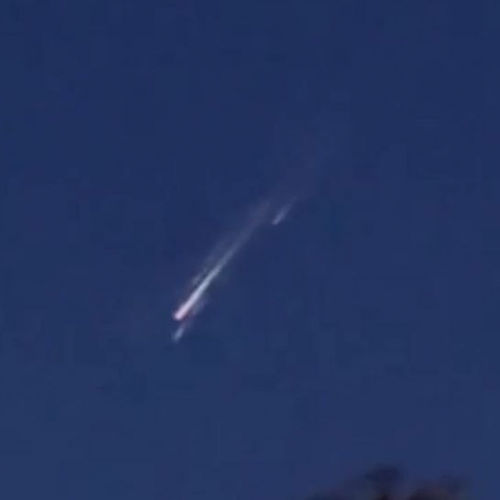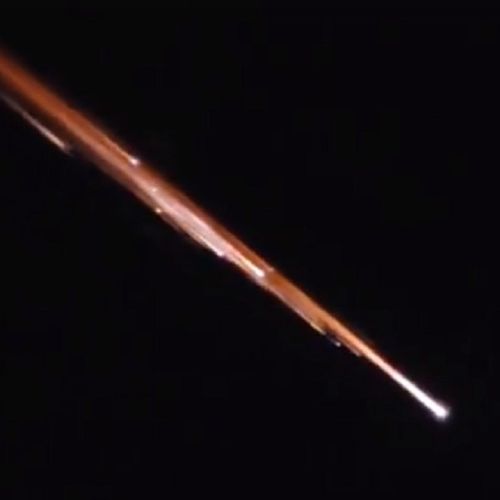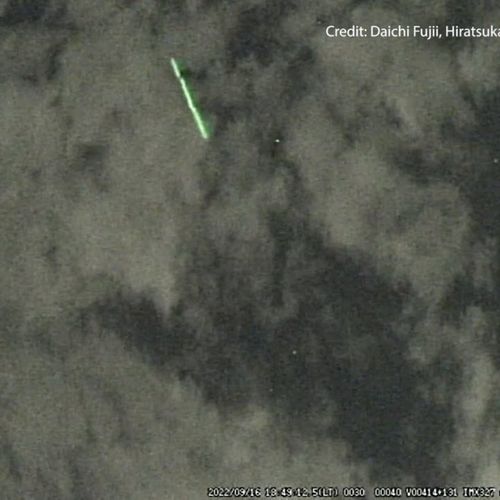
| Added | Mon, 10/06/2024 |
| Источники | |
| Дата публикации | Sat, 29/05/2021
|
| Версии |
NASA will launch a fancy satellite that will allow anyone to cause a blinding flash of light in orbit, visible from Earth to the naked eye.
The satellite will use powerful xenon elements, such as those used in professional flashlights and some medical devices. Any Earthling with a radio transmitter will be able to send a signal to the satellite at a certain frequency and thereby activate the flash in orbit.
Why is this necessary?
According to a NASA press release, a satellite called LiGHTCuBE will be launched between 2022 and 2025. The satellite was designed by Vega Space Systems startup and students from Arizona State University. It should become something like an educational project.
“This is a mission aimed at education. Our goal is to create and launch a spacecraft that can be operated by the general public. This will inspire more people to study telecommunications, spacecraft, and atmospheric, climate, and orbital mechanics sciences,” says Arizona State University researcher Danny Jacobs.
However, Forbes author Ethan Siegel believes that bright flashes of light in orbit can be a problem for astronomers studying space.
A controversial idea
According to Siegel, NASA's decision to approve and support the LiGHTCuBE project seems shocking, given the recent scandal in the astronomical community related to light pollution of the orbit. Recall that last year, the orbital grouping of Starlink Internet satellites from SpaceX caused outrage among astronomers. According to scientists, glare satellites greatly interfere with sensitive telescopes.
A situation where anyone with an amateur radio transmitter can cause a flash in the night sky can become an even bigger problem. Imagine, for example, that an artificial flare in orbit coincides with some rare and short-term astronomical event and thereby prevents scientists from observing it.
Of course, at first glance, the idea seems interesting. But, given the potential downsides, NASA will probably reconsider its decision regarding the launch of the LiGHTCuBE.
Новости со схожими версиями
Log in or register to post comments









